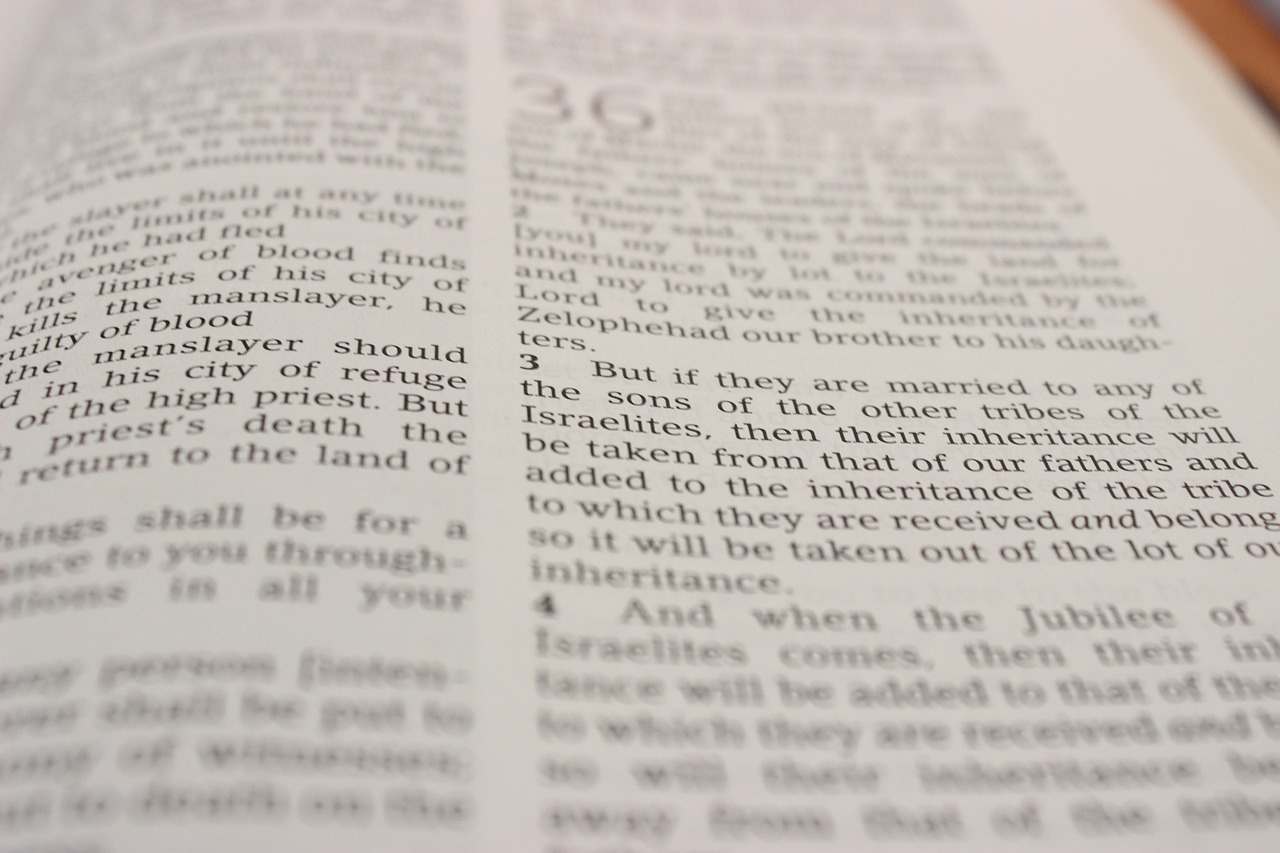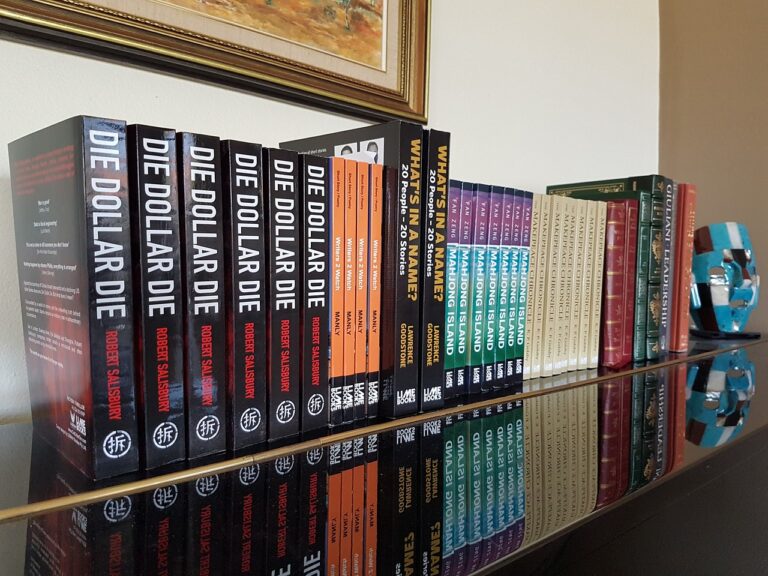Montessori Education and Language Development: Betbook250 login, Reddybook id, Playlotus365
betbook250 login, reddybook id, playlotus365: Montessori Education and Language Development
Have you ever heard of Montessori education? Maybe you’re considering enrolling your child in a Montessori school or just curious about the approach. One aspect that sets Montessori education apart from traditional schooling is its focus on language development. In this blog post, we’ll explore how Montessori education nurtures language skills in young children.
The Montessori Method, developed by Dr. Maria Montessori in the early 20th century, emphasizes a child-centered approach to learning. In a Montessori classroom, children are encouraged to explore, discover, and learn at their own pace. Language development is a crucial component of the Montessori curriculum, as it plays a vital role in a child’s cognitive and social development.
Here are some key ways in which Montessori education promotes language development:
1. Language-rich environment: Montessori classrooms are filled with language-rich materials, including books, labels, and vocabulary cards. Children are constantly exposed to spoken and written language, which helps them develop their vocabulary and comprehension skills.
2. Multisensory learning: Montessori education incorporates hands-on, multisensory materials that engage multiple senses in the learning process. This approach not only appeals to different learning styles but also enhances language acquisition by linking words with actions and objects.
3. Individualized instruction: In a Montessori classroom, children are free to choose their own learning activities based on their interests and abilities. This individualized approach allows teachers to tailor language lessons to each child’s unique needs, ensuring that they progress at their own pace.
4. Practical life activities: Practical life activities, such as pouring, sorting, and spooning, are integral to the Montessori curriculum. These activities not only help children develop fine motor skills but also foster language development through verbal instructions and descriptions.
5. Circle time: Montessori classrooms typically include a daily circle time, during which children gather to sing songs, listen to stories, and engage in group discussions. This communal experience promotes social interaction and language skills, as children learn to listen, speak, and take turns.
6. Language arts materials: Montessori education offers a wide range of language arts materials, such as sandpaper letters, movable alphabets, and phonetic reading cards. These materials introduce children to the building blocks of language, including letter sounds, word formation, and sentence structure.
FAQs
Q: At what age can children start Montessori education?
A: Children can start Montessori education as early as 18 months in some schools, though most programs accept children between the ages of 2 and 3.
Q: Is Montessori education effective for children with language delays?
A: Montessori education can be beneficial for children with language delays, as the individualized approach and multisensory materials can support their language development.
Q: How does Montessori education compare to traditional schooling in terms of language development?
A: Montessori education places a stronger emphasis on hands-on learning, individualized instruction, and language-rich environments, which can lead to enhanced language development compared to traditional schooling.
In conclusion, Montessori education offers a unique and effective approach to language development in young children. By creating a language-rich environment, incorporating multisensory materials, and providing individualized instruction, Montessori schools empower children to become confident and proficient communicators. If you’re looking for a holistic education that nurtures your child’s language skills, Montessori education may be the perfect fit.







